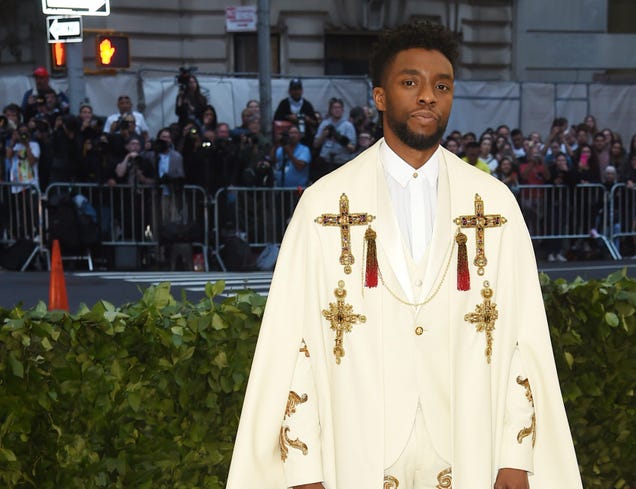 Supreme Court nominee Judge Amy Coney Barrett testifies before the Senate Judiciary Committee on the third day of her Supreme Court confirmation hearing on Capitol Hill on October 14, 2020, in Washington, DC. | Anna Moneymaker/Getty Images
Supreme Court nominee Judge Amy Coney Barrett testifies before the Senate Judiciary Committee on the third day of her Supreme Court confirmation hearing on Capitol Hill on October 14, 2020, in Washington, DC. | Anna Moneymaker/Getty Images
Barrett declined to weigh in on the subject of climate change during her confirmation hearing.
During her confirmation hearing this week, Supreme Court nominee Amy Coney Barrett declined to stake out a position on the existence of climate change, describing it as a “very contentious matter of public debate.”
“I will not express a view on a matter of public policy, especially one that is politically controversial because that is inconsistent with the judicial role,” she added in response to questions from Sen. Kamala Harris (D-CA).
Climate change is one of several issues that she approached in this way: refusing to express an opinion because she said it was the focus of an ongoing political controversy or policy debate. Similarly, on Wednesday, Barrett refused to discuss whether she thought separating a child from their parent was wrong. She’s also refrained from taking a stand on whether the president should commit to a peaceful transfer of power.
Judicial nominees have declined to address politically charged questions in the past. During his 2018 confirmation hearing, Justice Brett Kavanaugh declined to comment on whether the president should have the ability to influence the actions of federal agencies. “I don’t think we want judges commenting on the latest political controversy because that would ultimately lead people to doubt whether we are independent,” he said at the time.
But Barrett’s refusal to express her stance on climate change comes in spite of the overwhelming scientific evidence on the subject.
“I don’t think that my views on global warming or climate change are relevant to the job I would do as a judge, nor do I think I have views that are informed enough,” Barrett has also said.
As the New York Times’s John Schwartz wrote, however, her approach to the subject could be important in future cases: “In past decisions, the justices have accepted that human-caused climate change is occurring and determined that the Environmental Protection Agency can regulate greenhouse gases in the case Massachusetts v. E.P.A., but a more conservative Supreme Court might revisit the issue.”
What Barrett did say ended up echoing the way many Republicans have approached the subject of climate change in the past: She declined to comment on whether humans contributed to global warming, an evasion that still seemed to signal quite a lot about where she stands.
Millions turn to Vox each month to understand what’s happening in the news, from the coronavirus crisis to a racial reckoning to what is, quite possibly, the most consequential presidential election of our lifetimes. Our mission has never been more vital than it is in this moment: to empower you through understanding. But our distinctive brand of explanatory journalism takes resources. Even when the economy and the news advertising market recovers, your support will be a critical part of sustaining our resource-intensive work. If you have already contributed, thank you. If you haven’t, please consider helping everyone make sense of an increasingly chaotic world: Contribute today from as little as $3.
from Vox - All https://ift.tt/2GXvare


